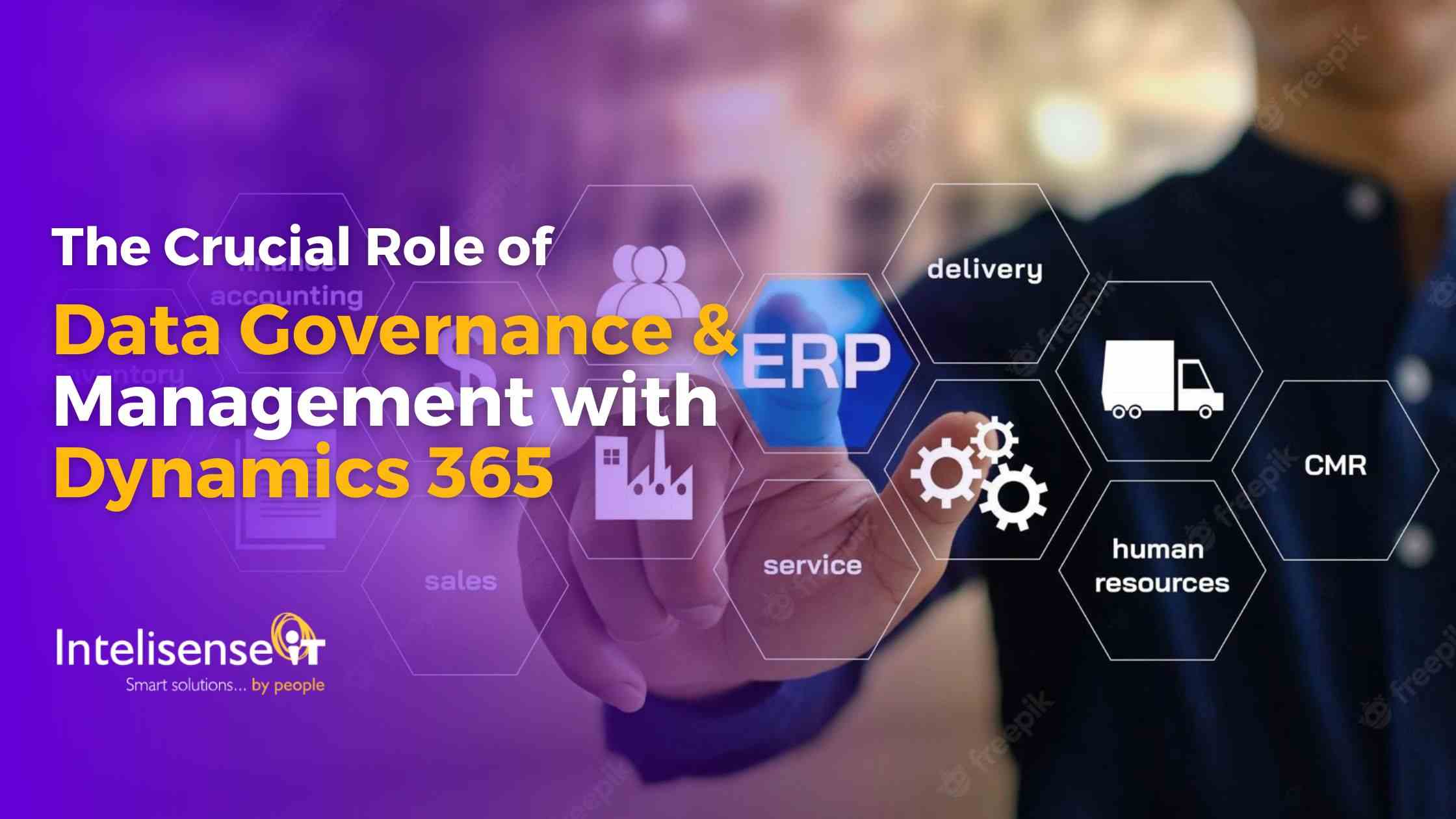At its core, data governance refers to the framework of policies, procedures, and controls that ensure data quality, integrity, and security across an organisation. When transitioning to a new ERP system like D365, establishing a robust data governance framework is foundational to the success of the implementation.
Data governance encompasses various aspects, including data classification, access controls, data lifecycle management, and compliance with regulatory requirements such as GDPR or HIPAA. By defining clear roles and responsibilities, implementing data quality standards, and enforcing data stewardship practices, organisations can maintain the trustworthiness and reliability of their data assets.
During the implementation of a new ERP system like D365, data migration emerges as a critical phase that requires meticulous planning and execution. Data migration involves transferring data from legacy systems to the new platform while ensuring accuracy, completeness, and consistency.
Without proper data governance and management practices in place, organisations risk encountering data migration challenges such as data duplication, data cleansing issues, and data loss. These issues can lead to operational disruptions, inaccurate reporting, and loss of trust in the system’s capabilities.
Effective data governance extends beyond the boundaries of the ERP system and encompasses data integration with other enterprise applications and systems. In today’s interconnected business environment, organisations rely on seamless data exchange between different systems to drive operational efficiency and decision-making.
With D365’s robust integration capabilities, organisations can leverage APIs, connectors, and middleware solutions to orchestrate data flows between ERP, Customer Relationship Management (CRM), Human Capital Management (HCM), and other business applications. However, to ensure seamless integration and interoperability, adherence to data governance principles is essential.
As organisations digitise their operations and handle increasingly vast amounts of data, ensuring data security and compliance becomes paramount. D365 offers advanced security features, including role-based access controls, encryption, and audit trails, to safeguard sensitive information from unauthorised access and data breaches.
However, effective data governance goes beyond implementing technical controls and entails establishing policies and procedures to protect data privacy, enforce data retention policies, and comply with industry regulations. By adopting a proactive approach to data security and compliance, organisations can mitigate risks and build trust with customers, partners, and regulators.
However, to derive meaningful insights from data, organisations must ensure data governance practices are in place to maintain data quality, consistency, and relevance. By establishing data governance frameworks that prioritise data integrity and accuracy, organisations can unlock the full potential of their data assets and drive competitive advantage.

